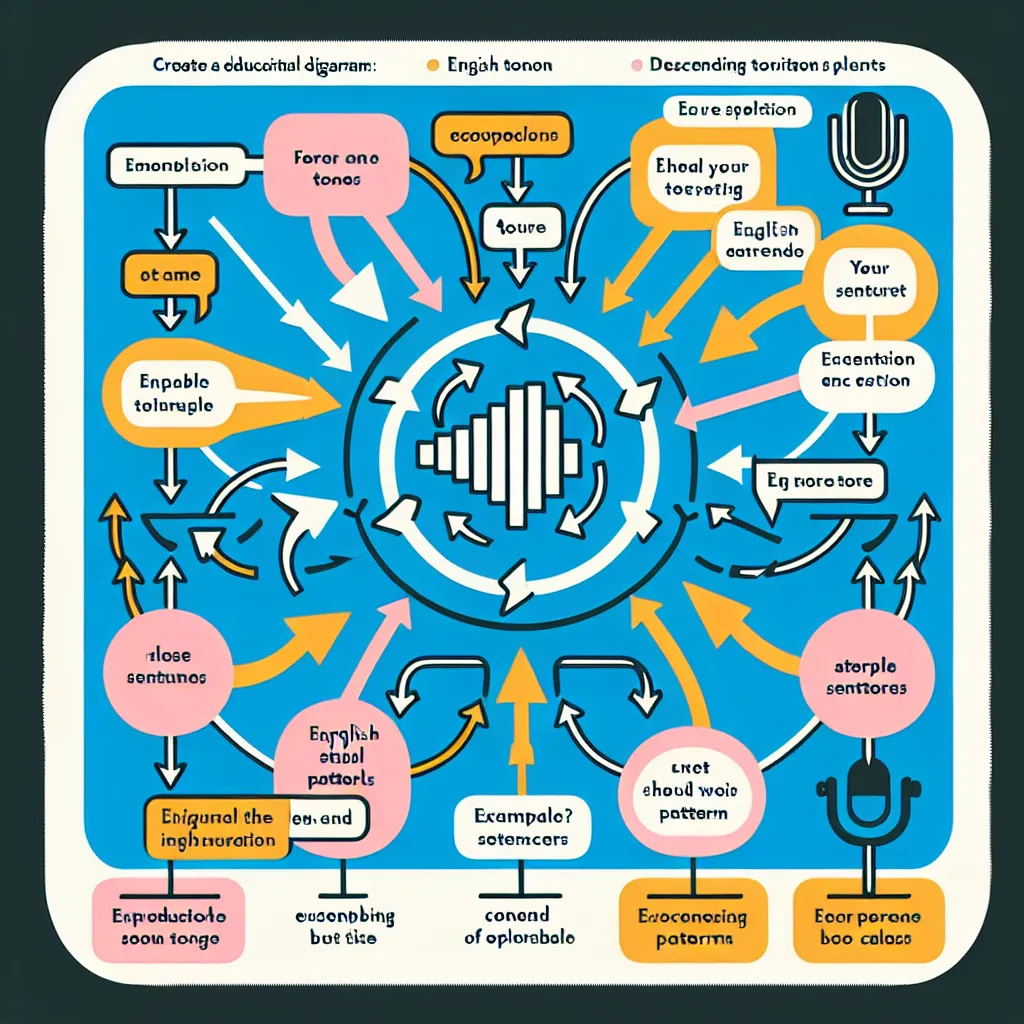Are you looking to enhance your English pronunciation skills? Engaging in conversation practice is one of the most effective ways to improve your pronunciation. In this comprehensive guide, we’ll explore expert tips and strategies for refining your pronunciation through real-life conversations.
Understanding the Importance of Pronunciation in Conversations
Pronunciation plays a crucial role in effective communication. When you speak with clear pronunciation, you’re more likely to be understood and taken seriously in English-speaking environments. Good pronunciation also boosts your confidence and helps you connect better with native speakers.
 Importance of pronunciation in conversations
Importance of pronunciation in conversations
The Basics of English Pronunciation
Before diving into conversation practice, it’s essential to understand the fundamental elements of English pronunciation:
- Phonemes: These are the individual sounds that make up words in English.
- Stress: The emphasis placed on certain syllables in words.
- Intonation: The rise and fall of your voice when speaking.
- Rhythm: The pattern of stressed and unstressed syllables in sentences.
Effective Methods for Improving Pronunciation Through Conversations
1. Engage in Regular Conversation Exchanges
One of the most practical ways to improve your pronunciation is through frequent conversation practice. Here are some strategies:
- Language Exchange Partners: Find a native English speaker who wants to learn your language. You can practice together, helping each other with pronunciation.
- Join Conversation Clubs: Many cities have English conversation clubs where you can practice speaking in a supportive environment.
- Online Language Platforms: Websites like Tandem or HelloTalk connect you with native speakers for language exchange.
2. Active Listening and Mimicking
When engaging in conversations, focus on active listening:
- Pay attention to how native speakers pronounce words and phrases.
- Try to mimic their intonation and stress patterns.
- Record yourself speaking and compare it to native speakers.
3. Focus on Problematic Sounds
Identify sounds that are challenging for you and practice them in context:
- For example, if you struggle with the “th” sound, practice phrases like “I think that thing is there.”
- Use minimal pairs to distinguish between similar sounds (e.g., “ship” vs. “sheep”).
4. Use Technology to Your Advantage
Leverage technology to enhance your pronunciation practice:
- Pronunciation Apps: Tools like ELSA Speak or Speechling provide instant feedback on your pronunciation.
- Text-to-Speech Software: Use these to hear how words should be pronounced.
- Voice Recording Apps: Record your conversations and analyze your pronunciation later.
For more tips on using interactive software to improve your pronunciation, check out our article on how to improve pronunciation using interactive software.
Common Pronunciation Mistakes and How to Avoid Them
Vowel Sounds
Many learners struggle with distinguishing between similar vowel sounds. For example:
- “Ship” vs. “Sheep”: Practice the difference between short and long “i” sounds.
- “Cat” vs. “Cut”: Focus on the distinction between the “æ” and “ʌ” sounds.
Consonant Clusters
English has many consonant clusters that can be challenging. Practice words like:
- “Strengths”
- “Sixths”
- “Clothes”
Word Stress
Incorrect word stress can change the meaning of a word or make it difficult to understand. For example:
- “DEsert” (a dry, barren area) vs. “deSERT” (to abandon)
- “PREsent” (a gift) vs. “preSENT” (to show or display)
The Phonemic Chart and Commonly Mispronounced Words
Understanding the phonemic chart can significantly improve your pronunciation. Here’s a simplified version:
[Insert simplified phonemic chart here]
Here are ten commonly mispronounced words related to conversation practice:
- Pronunciation (/prəˌnʌnsiˈeɪʃən/)
- Conversation (/ˌkɒnvəˈseɪʃən/)
- Vocabulary (/vəˈkæbjələri/)
- Fluency (/ˈfluːənsi/)
- Intonation (/ˌɪntəˈneɪʃən/)
- Rhythm (/ˈrɪðəm/)
- Stress (/stres/)
- Articulation (/ɑːˌtɪkjuˈleɪʃən/)
- Enunciate (/ɪˈnʌnsieɪt/)
- Dialogue (/ˈdaɪəlɒɡ/)
Practice these words regularly in your conversations to improve your overall pronunciation.
 Phonemic chart and commonly mispronounced words
Phonemic chart and commonly mispronounced words
Conclusion: Empowering Your English Through Conversation Practice
Improving your pronunciation through conversation practice is a journey that requires patience and consistent effort. By implementing the strategies discussed in this article, you’ll be well on your way to clearer, more confident English pronunciation.
Remember, the key is to practice regularly and don’t be afraid to make mistakes. Every conversation is an opportunity to learn and improve. For more advanced techniques, explore our guide on how to master English pronunciation in real-life situations.
We encourage you to share your experiences and tips for improving pronunciation through conversation practice in the comments below. Happy practicing!




